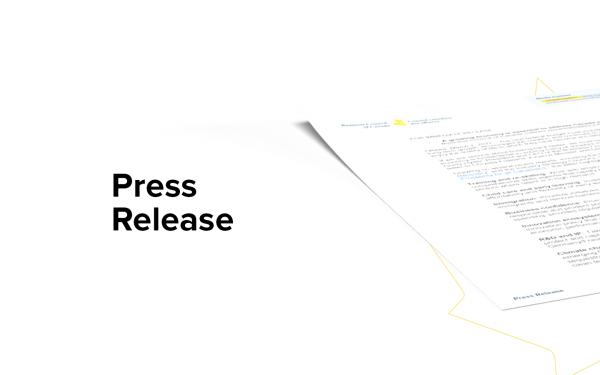The U.S. has a 3D problem with Canada — Dairy, defence and digital tax
As published in The Financial Post
Back in 2022, I wrote on this page that American political leaders from across party lines were increasingly viewing Canada through “3D” glasses. Their perception of Canada was being coloured and distorted by three cross-border disagreements: dairy quota allocation, digital taxes and defence spending. The analogy was intended as a warning.
These same 3D irritants have taken on added urgency in what has become an extremely contentious 2024 U.S. election cycle. At a time when American political divisions are widening, groups of Republicans and Democrats are joining together to voice shared frustration with Canada’s refusal in these areas to align itself with its most important ally.
With a mandatory review of the Canada-U.S.-Mexico Agreement (CUSMA) happening in 2026, we cannot allow these frustrations to fester for another two years. To ensure that CUSMA is not subject to costly and cumbersome renegotiations, the federal government should take immediate steps to address or assuage U.S. concerns about these 3D issues.
U.S. Trade Representative Katherine Tai stressed during last month’s CUSMA Free Trade Commission meeting in Phoenix how two of the issues are connected, reiterating “the United States’ continued concerns with Canada’s proposed digital service tax and emphasized the long-standing dissatisfaction with Canada’s dairy tariff rate quota allocation measures.”
This followed on Tai’s comments at a Brookings Institution event in Washington in March, where she said, among other eye-opening statements, “the question is always going to be do you have enough — have you changed the leverage composition — to get to the political solution that you need? And, in the case of dairy, the answer is no.”
Tai was clear the U.S. will put dairy quota allocation on the table for the CUSMA review. That is why people on both sides of the border worry about a Canadian private member’s bill, C-282, currently before our Senate. As drafted, C-282 may prevent Canadian negotiators from discussing quota allocation in any trade negotiation. If so, it would create a CUSMA deadlock.
But dairy quota is only the first of the 3D irritants. An equally disruptive dispute has arisen over Canada’s decision to unilaterally impose a digital services tax (DST) outside of the OECD global tax framework. Not only have senior U.S. officials said the tax will violate CUSMA, but some have privately vowed to block the CUSMA review if the DST is in force.
This is not a hollow threat. The two senators leading the charge against the DST are Democrat Ron Wyden of Oregon and Republican Mike Crapo of Idaho, who are, respectively, the chair and ranking member of the powerful U.S. Senate Finance Committee, which has oversight authority over the USTR and would be responsible for ratifying any future CUSMA review changes.
The Canadian government stubbornly argues that other countries have their own digital taxes but never mentions that the countries it has in mind – France and the United Kingdom — aren’t parties to CUSMA. Moreover, while the government insists it needs the revenues from the digital services tax it refuses to account for the huge revenue losses that would result from a CUSMA collapse.
The third and final 3D irritant that could complicate any CUSMA review is defence spending. Both the Biden Administration and Congress have repeatedly expressed frustration that Canada has no plan to honour the commitment we made to invest the equivalent of two per cent of our GDP in our national defence.
Late last month a group of 23 U.S. senators, again both Republicans and Democrats, wrote the prime minister urging him to make good on Canada’s defence spending commitment. Four of the senators currently sit on the Finance Committee, including Republicans John Cornyn of Texas, Tim Scott of South Carolina and Thom Tillis of North Carolina.
If Canada does not demonstrate it has the political will to meet its two per cent commitment — if we are singled out at next month’s 75th anniversary NATO summit in Washington as the only alliance partner not keeping our word — we will not only weaken Canada-U.S. continental defence, we will undermine our shared economic security.
As U.S. Trade Representative Tai has made crystal clear, the United States sees the CUSMA review as a political process to fix political problems with political solutions, adding, more ominously, “the whole point is to maintain a certain level of discomfort which may involve a certain level of uncertainty to keep the parties motivated to do the really hard thing(s).”
Canada should do the hard things now. Let’s stop 3D issues from distorting our trade reality.
Latest Opinion
It’s time for Canada to fight back against the ransomware epidemic
October 23, 2025
It’s okay for Ottawa to keep borrowing. But let’s not go overboard
October 22, 2025









